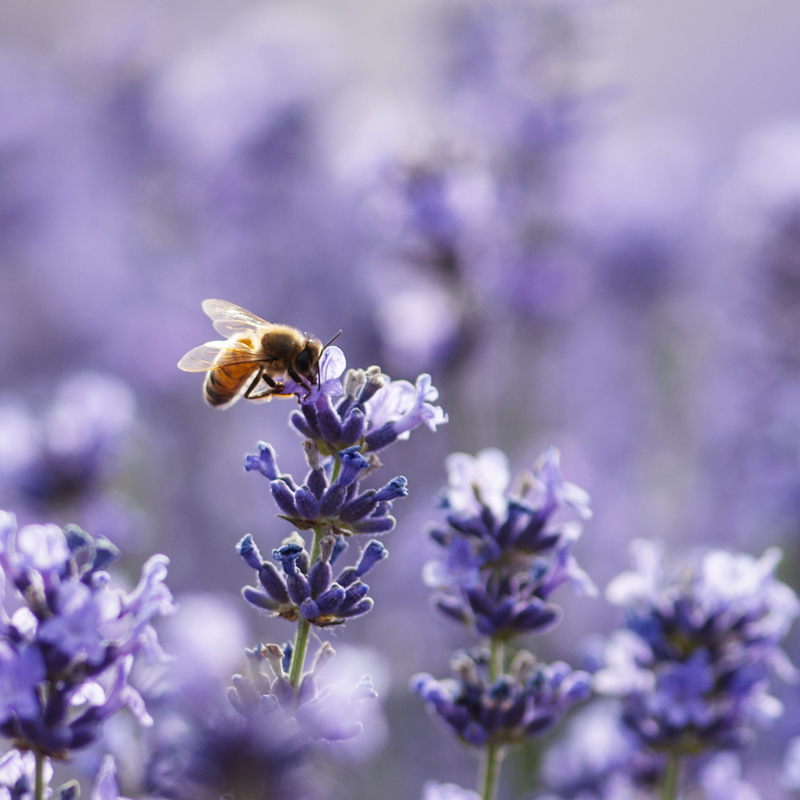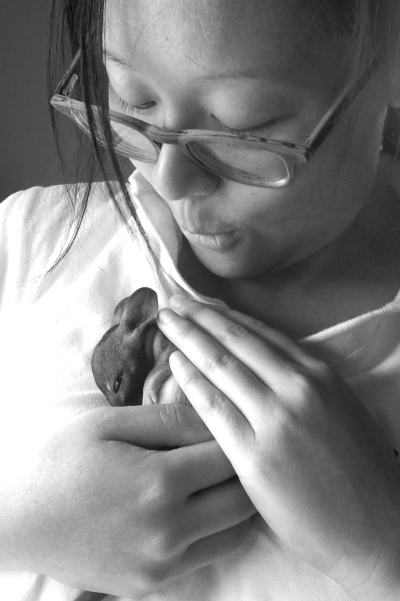To celebrate 350 years of scientific publishing, we are inviting our readers to tell us about their favourite papers from the Royal Society archive.

To celebrate 350 years of scientific publishing, we are inviting our readers to tell us about their favourite papers from the Royal Society archive. Today Stephanie Hing, a PhD student at Murdoch University, tells us about how a paper in Philosophical Transactions B helped her to choose her research focus (the role of stress, immunity and disease in the decline of a critically endangered Australian marsupial, the woylie or brushtailed bettong).

In my work as a veterinarian and conservation scientist, I spent a lot of time thinking about the underlying reasons why animals become sick. Just like we might feel a cold coming on after a particularly stressful week, I wondered whether wildlife under stress might also be more susceptible to disease. In particular, working with endangered species facing threats like habitat loss and climate change, I pondered how these challenges might affect their health and survival. It was through these experiences and reading resources like the Philosophical Transactions B paper ‘Ecophysiology meets conservation: understanding the role of disease in amphibian population declines’ by Andrew R. Blaustein et al. (2012), that I honed my interest in stress, immunity and disease in the context of wildlife conservation.
This review brought together important information linking stress, disease and the global decline of amphibians.
“Research over the last decade has shown that environmental stressors could be important contributors to ranaviral disease dynamics”
the authors wrote. The words jumped off the page like the amphibians they were writing about. My ponderings during late night shifts and field expeditions were not just mere musings! There were other people out there, many experts even, who were interested in the same issues and their work indicated that
“more in-depth examination of how environmental stress can influence host defences against infections is warranted…”
You can read a multitude of resources but some will stand out. This paper inspired me. It helped guide me through an ongoing journey in wildlife health and conservation research.
